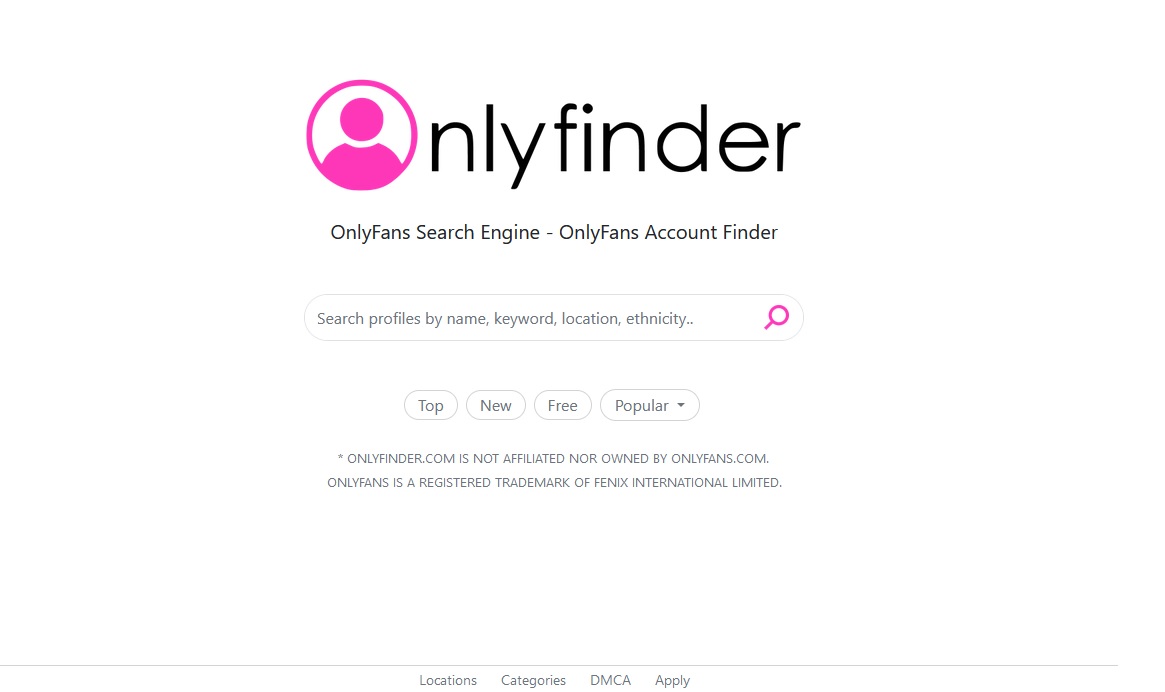Data Breach discloses confidential, sensitive, or secured data to an unauthorized individual. The records in a data breach are viewed as well as shared without the consent of the person. Anybody can be at threat of a data breach or data leak — from people to wee-established organizations and governments. Moreover, anybody can put others at threat if their privacy is not ensured.
Generally, data breaches occur because of shortcomings in:
- Technology
- User Conduct
As our PCs and cell phones get more connective features, there are more places for information to fall through. New technological advances are being made quicker than we can secure them.
Gadgets in the IoT area are evidence that we are progressively prioritizing convenience over security. Many “smart home” devices have imperfections, similar to the absence of encryption, and attackers are taking the benefits.
Since new digital devices, features, and items are being utilized with less security testing, we’ll keep on facing this issue at advanced levels. Although the backend innovation was set up consummately, a few digital users will probably still have poor habits. All it needs is just a single person to compromise the whole network or website. Without complete security at both the user and organization levels, you are at great risk. Securing yourself as well as others begin with comprehending how a data breach happens.
How does Data Breach occur?
It is commonly believed that a data breach is usually caused by outside attackers, yet that is not valid in every case. Data breaches can also happen through purposeful attacks. Here are the ways how a data breach occur:
- An Accidental Insider. An instance would be an employee utilizing his colleague’s PC and viewing documents without having properly authorized approvals. The access is not purposeful, and no data is shared. Still, the data would be considered breached because it is assessed by an unauthorized individual.
- A Malicious Insider. This individual deliberately accesses and additionally shares information intending to harm an individual or organization. The malicious insider may have real approval to utilize the information, however, the purpose is to utilize the data in the wrong ways.
- Lost or Stolen Devices. A decoded and opened PC or outside hard drive — anything that contains confidential data — disappears.
Harmful Outside Criminals. These are programmers who utilize different attack vectors to collect data from an organization or a person.
Harmful Ways used to Breach Data
Since harmful data breaches result from cyberattacks, you should realize what to look for.
Here are some common techniques utilized by hackers.
- Phishing
- Brute Force Attacks
- Malware
What are the targets in Data Breaches?
Data breaches can occur as a consequence of a slight mistake, genuine harm can be done if the individual with unapproved access takes and sells Personally Identifiable Information (PII) or corporate confidential information for financial gains or to cause damage.
Hackers generally follow a basic plan: targeting an enterprise for data breach take beforehand planning. They research hard to realize where the weaknesses of the organization lie, for example, missing or failed updates and employee powerlessness to phishing efforts.
Attackers get knowledge of the shortcomings of the organization, then sets the plan to make the insiders unknowingly download malware. In some cases, they try to hack the whole network. Once inside, noxious attackers have the opportunity to look for the information they need — and heaps of time to do it, as the normal breach takes over five months to get identified.
The harm a Data Breach can cause
Usually, data breaches can’t simply be fixed up with some changes in the passwords. The impacts of data beach can be an enduring issue for your reputation, accounts, and so on.
For business associations: a data breach can devastatingly affect an association’s repute and finance matters. Associations, for example, Equifax, Target, and Yahoo, for instance, have been the victims of the data breaches.
For government associations: leaked information can mean revealing exceptionally confidential data to foreign parties. Military tasks, political dealings, and important information about national infrastructure can greatly affect the government and its subjects.
For people: fraud is a significant danger to data breach victims. The leaked information can expose everything ranging from social security numbers to banking data. When a criminal gets this confidential information, they can take part in a wide range of misrepresentation under your name. Robbery of your character can destroy your reputation, engage you with lawful issues, and it is hard to retaliate against these allegations.
While these are normal cases, the damage done by data breaches can go beyond these conditions. Thus, it is basic that you examine whether your information is secure or it has just been revealed.
How to avoid becoming a Data Breach victim?
The most ideal approach to secure yourself is to try not to become a victim in any case. No security plan is great, however, there are ways you can protect yourself — regardless of whether you’re an individual or an organization.
- Fixing and refreshing programming when alternatives are accessible.
- High-grade encryption for confidential information.
- Updated software devices when no longer authorized by the manufacturer.
- Authorizing BYOD security approaches, such as requiring all gadgets to utilize a business-grade VPN administration and antivirus assurance.
- Constantly instructing employees on best security practices and approaches to prevent malicious attacks.








Add Comment